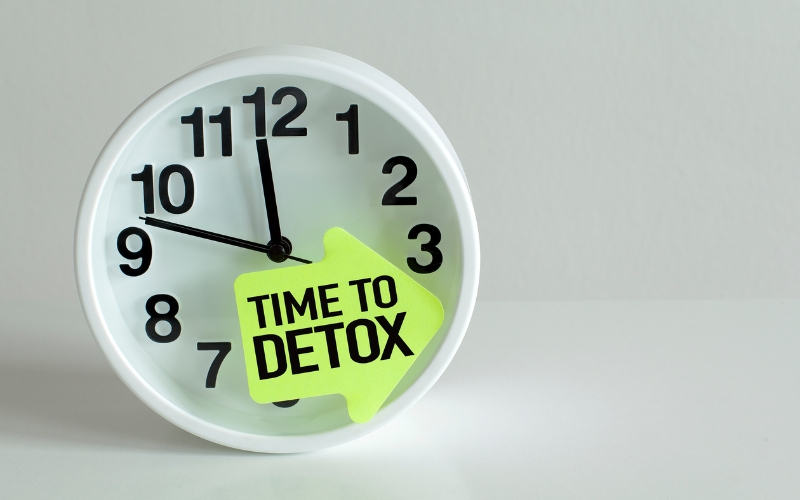If you or a loved one are struggling with alcoholism, it’s important to get help as soon as possible. Alcoholism is a disease that can destroy lives and families. But it is a disease that can be treated.
Detoxing from alcohol is the first and most important step in recovering from alcoholism. But it’s not an easy process. It requires commitment and hard work. But it is possible.
If you’re ready to start your journey to sobriety, this step-by-step guide will help you detox from alcohol and get on the road to recovery. These steps are also followed by most alcohol detox treatment centers.
The First Step:

Detox The first step in recovering from alcohol addiction is to go through a detox program. Detoxing is a medically supervised process in which the body is purged of all alcohol and alcohol-related toxins. The main goal of detox is to help alleviate withdrawal symptoms while allowing the body to transition to a lifestyle of sobriety. It’s important to understand that detox is only the first stage of recovery from alcoholism.
It’s a necessary process that helps the body flush out all the toxins from alcohol but it doesn’t address the psychological issues that led to the addiction. That’s why it’s important to follow detox with therapy and continued support. During detox, it’s wise to take supplements that can help reduce withdrawal symptoms and provide additional support for the liver and other organs. It is also important to drink plenty of fluids to stay hydrated and to help flush out the alcohol and toxins from the body.
The Second Step:

Therapy The second step in recovering from alcoholism is becoming involved in a therapy program. Therapy is a crucial part of recovery because it helps the person understand their addiction and develop the necessary skills and coping mechanisms to stay sober. Therapy can take many different forms, such as individual therapy, group therapy, family therapy, or even an inpatient or outpatient rehabilitation program.
Whichever form of therapy is chosen, it’s important to have a team of trusted individuals that can help support the person on their journey to sobriety. A therapist experienced in chemical dependency and alcohol addiction can provide valuable insight and guidance on how to cope with cravings and triggers. A therapist can also help the person understand their behaviors and underlying issues that may be contributing to their addiction.
The Third Step:

Continued Support The third step in recovering from alcohol addiction is continued support. Recovered alcoholics must commit to a lifetime of sobriety, and that means having a strong support system. Having a strong support system is key to maintaining sobriety. Loved ones, friends, and family can all provide valuable emotional and social support to a recovering alcoholic.
It’s important to find individuals that understand the journey of recovery and can provide encouragement and help to stay motivated. It’s also helpful to attend support groups or 12-step meetings. These meetings provide the opportunity to meet other individuals that have gone through the same experience and to share stories, successes, and struggles.
Giving Up Alcohol for Good!

The final step in recovery from alcohol addiction is to commit to a lifetime of sobriety. Recovering from alcohol addiction is a process, and it’s important to take it one step at a time. It’s ok if there are slip-ups or setbacks along the way.
What matters is that the person is willing to persist and try again. The most important thing to remember is that it is possible to give up alcohol and live a fulfilling and sober life.
Conclusion:
Recovery from alcohol addiction is a long journey, but one that is worth taking. With dedication and commitment, it is possible to overcome alcohol addiction. With the right treatment, the right support system, and the right outlook, it is possible to detox from alcohol and achieve sobriety for life.







